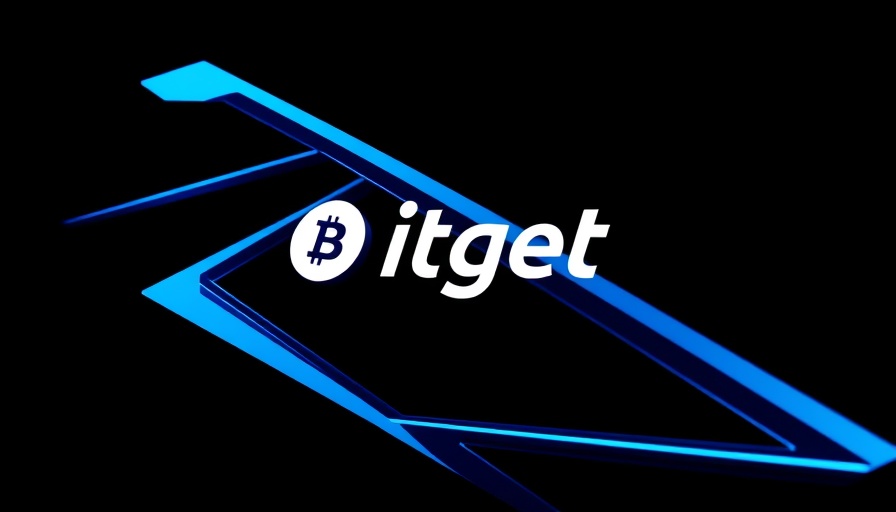
Bitget Launches Revolutionary RWA Index Perpetuals for Tokenized Assets
In a groundbreaking move, Bitget, a leader in the cryptocurrency exchange market, has launched the world’s first RWA (Real-World Asset) Index Perpetual Contract. This innovative product was set to go live on August 20, offering users a unique way to trade tokenized traditional assets like stocks.
Understanding the Mechanics Behind RWA Contracts
The RWA Index Perpetual aims to integrate traditional asset trading with the blockchain's benefits. Each contract is made up of a composite of tokenized indices representing various stocks, such as TSLAUSDT and NVDAUSDT. What sets this contract apart is its ability to adapt and change index sources based on factors like trading volume and liquidity, ensuring flexible and fair pricing.
Yanking Down Barriers in Asset Trading
Bitget is paving the path toward a seamless transition between traditional finance and DeFi with its RWA contracts. The trading process retains the same mechanisms as current crypto perpetual contracts, making it easier for users familiar with cryptocurrency trading to understand and engage with this new offering. This reduces the learning curve significantly, making it more accessible to both novice and experienced traders.
Future Insights: It’s Just the Beginning
This launch not only represents a significant step for Bitget but also for the financial landscape across Africa. As more African startups and tech innovators explore blockchain solutions, there is immense potential for growth in both decentralized finance and traditional investments. The crossover points between AI, fintech, and blockchain technologies can unlock new economic opportunities across the continent.
Why This Matters to Tech Entrepreneurs and Investors
For tech entrepreneurs and investors in Africa, understanding and participating in this new wave of trading mechanisms can be invaluable. As traditional financial assets become tokenized and traded on blockchain platforms, the barriers to entry for underserved populations could decrease, potentially leading to greater economic empowerment. So, whether you’re a venture capitalist or a startup founder, it’s essential to keep an eye on these disruptive trends and how they can influence the future of work and investment in Africa.
Get Involved in the Future of Trading
If you’re keen to stay at the forefront of this transformative wave in finance and technology, consider diving into these new products. The fusion of tech and finance—especially through blockchain and AI—will dramatically reshape our economic landscape; get involved now to be part of the journey!
 Add Row
Add Row  Add
Add 


Write A Comment